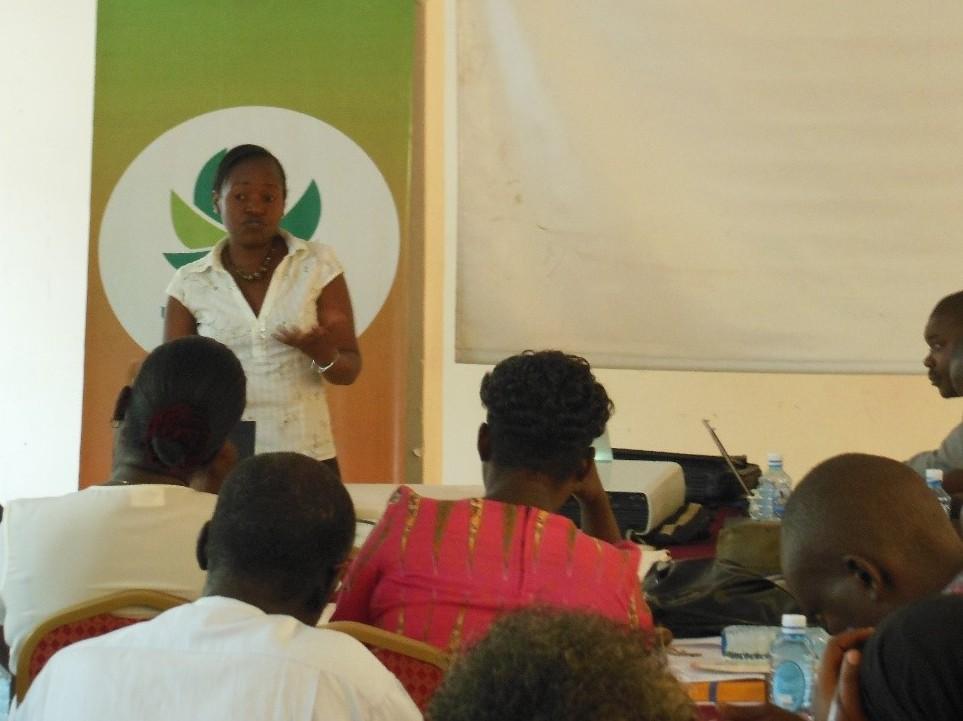Sanitation Voices: Innovative Methods of Knowledge Sharing

Wycliffe Opiyo
In my last post, I shared one of the many eye openers I have experienced whilst conducting fieldwork for my PhD. Here I discuss another, this time relating to sharing knowledge.
My Eureka moment
When carrying out fieldwork, I got to thinking that residents of informal settlements have a wealth of knowledge that they may not realise they could impart. The same is true of development organisations/partners; they may well overlook the invaluable insights they could share with residents of informal settlements. If this is the case, they why don’t these two groups get together and share knowledge?
Whilst I did not have all the answers, I was sure worth trying. So, I consulted a number of development partners whose work is related to informal settlements (including the Umande Trust’s Kisumu Office) and invited them to a forum. These partners included representatives from government, NGOs, the media and community groups. I also invited residents of the informal settlements in which I was doing my fieldwork.
Learning from each other
Dubbed ‘Sanitation Voices’, the forum aimed to discuss sanitation in the settlements and in the city in general, specifically focussing on what the problems were and how they could be addressed.
Firstly, several stakeholders gave talks on various aspects related to sanitation – during which I took the opportunity to share some of my research findings – and there was a Q&A session with the audience. Next, residents from the informal settlements were invited to discuss in groups and then feed back to the whole forum the sanitation challenges they face and the action they could take to improve sanitation conditions in their settlements.
It was all too clear that it is only the wearer of the shoe that knows where it hurts most. And, importantly, it was a session where everyone learnt something.
Media coverage
That was not all. The forum was featured on the radio news later that day, reporting that a “researcher warns about lack of sanitation facilities in informal settlements”.
A few days later the discussion was still ongoing on the local radio station, Radio Sahara. In fact, myself and a panel of other stakeholders working in the sector were invited to join a show discussing a range of sanitation matters. This was an excellent opportunity for me to once again share my findings. It was particularly exciting as, due to its listenership, radio can reach a much larger and varied audience than a one-off forum! Listeners also had the opportunity to call in and ask questions to the panellists.
